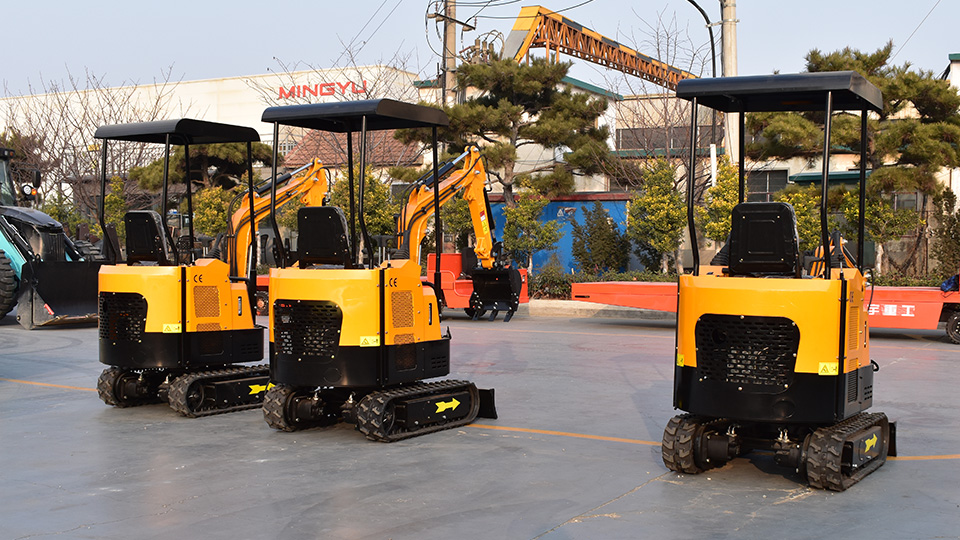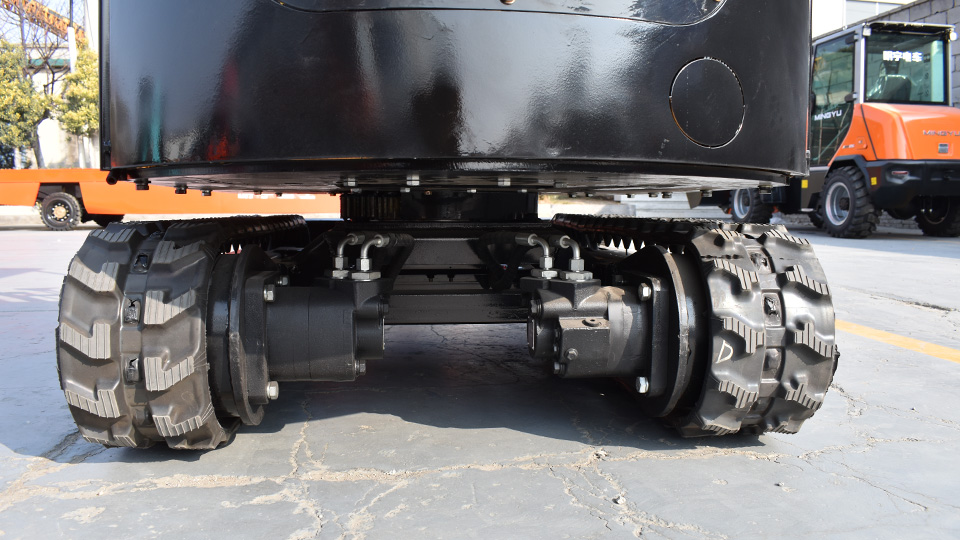Excavators have long been essential in the construction industry, but recent technological advancements are transforming their capabilities and impact. Modern excavators are not just powerful machines; they are intelligent, efficient, and environmentally friendly tools that are reshaping construction practices worldwide.
1. Technological Advancements in Excavator Design
Modern excavators are equipped with advanced technologies that enhance their efficiency, precision, and environmental sustainability. Here are some key advancements:
Electric and Hybrid Models: One of the most notable trends is the shift toward electric and hybrid excavators. These machines minimize emissions and reduce noise pollution, making them ideal for urban areas and environmentally sensitive sites. Electric excavators can reduce a construction site’s carbon footprint by up to 90% compared to traditional diesel-powered models.
Smart Technology Integration: Excavators are now incorporating GPS tracking, machine telematics, and automated systems. GPS and machine control systems enable precise excavation, reducing waste and ensuring efficient resource management. Telemetry systems monitor machine performance in real time, providing data on fuel consumption, engine performance, and maintenance needs.
Automation and AI: Future excavators will feature advanced automation technologies, including autonomous excavation, path planning, and automated loading/unloading. AI and machine learning will enable excavators to make intelligent decisions, predict soil behavior, and adapt to changing conditions.
2. Environmental Impact and Sustainability
Excavators are becoming more environmentally friendly through:
Emission Reduction: Modern excavators adhere to stringent emission standards, such as the U.S. Environmental Protection Agency’s Tier 4 regulations. Electric and hybrid models further reduce emissions, aligning with global efforts to combat climate change.

Energy Efficiency: Advanced hydraulic systems and electric powertrains improve fuel efficiency and reduce operating costs. New materials and noise reduction technologies also minimize the environmental footprint of construction sites.
3. Enhanced Safety and Precision
Safety and precision are critical in construction, and modern excavators are designed to address these needs:
Virtual Wall Technology: This limits the excavator’s arm and bucket movements to prevent accidental damage in tight spaces. It is particularly useful in urban settings where precision is paramount.
Onboard Weighing Mechanisms: These systems provide real-time load data, ensuring accurate weight management and preventing overloading. Alerts for uneven terrain further enhance safety.
Lift-Assist Mode: This technology monitors load weights and provides alerts for overloading, reducing the risk of accidents and equipment damage.
4. Human-Machine Collaboration
Future excavators will emphasize collaboration between machines and operators. Advanced sensors and communication systems allow real-time status updates, enabling operators to make informed decisions. Remote control capabilities and live feedback on terrain conditions enhance efficiency and safety.
5. Cross-Industry Technological Integration
Excavators are integrating with technologies from other industries, such as:

5G Communication and Drones: These enable remote monitoring and control, allowing construction managers to survey large sites and optimize operations.
Cloud Computing and Big Data Analytics: Centralized monitoring and scheduling platforms analyze equipment performance, predict maintenance needs, and coordinate complex tasks.
6. Customization and Adaptability
Manufacturers are offering customized solutions to meet specific industry needs. For example, urban construction excavators prioritize compact designs and low noise, while mining excavators focus on durability and high load capacity. This level of personalization improves operational efficiency and drives technological updates to meet evolving market demands.
Conclusion
Excavators are evolving rapidly, driven by advancements in technology, environmental sustainability, and operational efficiency. Modern excavators are not just powerful tools; they are intelligent machines that enhance productivity, reduce environmental impact, and improve safety. As technology continues to advance, excavators will play a crucial role in shaping the future of construction
Post time:Sep-25-2020
